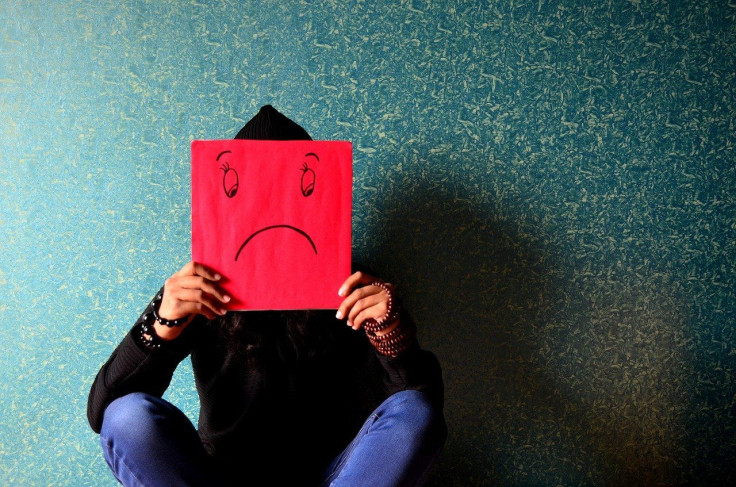COVID-19 May Cause Prosopagnosia Or Face Blindness, Study Finds
KEY POINTS
- Researchers described the "first report of prosopagnosia following COVID-19"
- They detailed the case of a patient who struggled to recognize even family members
- A survey revealed that many others with long COVID also had similar issues
A team of researchers has found yet another effect of COVID-19. The condition is called prosopagnosia, also known as "face blindness."
COVID-19 has impacted many people's lives in many ways. For the many who suffer from long COVID, or who continue to experience symptoms long after the initial infection has ended, their experiences range from a loss of a sense of taste and smell to having hallucinations.
"However, no selective and persisting visual perception deficits following COVID-19 have been reported to date," a pair of researchers from Dartmouth College wrote in their paper, which was published in the journal Cortex.
For their work, the researchers described the case of a COVID patient they called "Annie." The 28-year-old was a customer service representative and also a part-time portrait artist, Dartmouth College noted. She was diagnosed with COVID-19 early on in the pandemic in March 2020, experiencing the usual symptoms such as shortness of breath, diarrhea and a loss of taste and smell.
She became well enough to work from home some three weeks after her symptoms began, the researchers noted. However, she had a symptom relapse about two months after the onset of the illness. And with it, she also noticed that she was having face recognition difficulties, which she did not have prior to falling ill.
She had problems recognizing even members of her own family. In June 2020, for instance, when she met them for the first time after getting sick, she ended up walking right past them. She did not recognize her dad. She could not distinguish him visually from her uncle, either.
"My dad's voice came out of a stranger's face," she said of the experience.
It has also affected her work as a portrait artist as well as her navigation skills. For instance, she has found herself driving opposite of the direction she meant to take and has had to use Google maps to remember where she parked her car.
Issues with navigation, the researchers noted, often accompany prosopagnosia.
Annie displayed symptoms of long COVID such as brain fog and fatigue, and she showed "clear impairments" when tested on her face recognition abilities using various tests. For instance, she only recognized 29% of celebrities she was familiar with, while most people recognize 84%. She also had trouble learning and recognizing new identities, though she did well in recognizing voices.
This, the researchers said, is the "first report of prosopagnosia following COVID-19."
Prosopagnosia or face blindness is a neurological issue wherein one has problems with identifying faces. Just as Annie experienced, people with the condition can have trouble recognizing even family members, close friends and other faces they have seen many times before. They may even have trouble recognizing themselves.
Prosopagnosia may be acquired, for instance through head trauma or stroke. People who get acquired prosopagnosia used to have normal face recognition prior to the trigger event. On the other hand, it can also be congenital, wherein the condition was present early on in life due to neurodevelopmental problems. In these cases, the impairment isn't obvious to the patient because they never learned to recognize faces normally, to begin with.
In the case of Annie, it appears that she is not the only one with this problem post-COVID-19.
The researchers also conducted a survey on 54 respondents who have long COVID and 32 who already recovered from COVID-19. Interestingly, the "majority" of the respondents with long COVID also noted similar issues including problems with navigation — problems that they didn't use to have before getting sick.
"Annie's results indicate that COVID-19 can produce severe and selective neuropsychological impairment similar to deficits seen following brain damage, and it appears that high-level visual impairments are not uncommon in people with long COVID," the study authors wrote.
"Our study highlights the sorts of perceptual problems with face recognition and navigation that can be caused by COVID-19 — it's something that people should be aware of, especially physicians and other health care professionals," the study's senior author, Brad Duchaine, said in the Dartmouth College release.

© Copyright IBTimes 2024. All rights reserved.






















